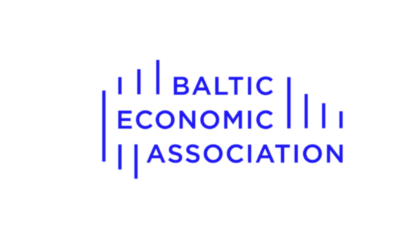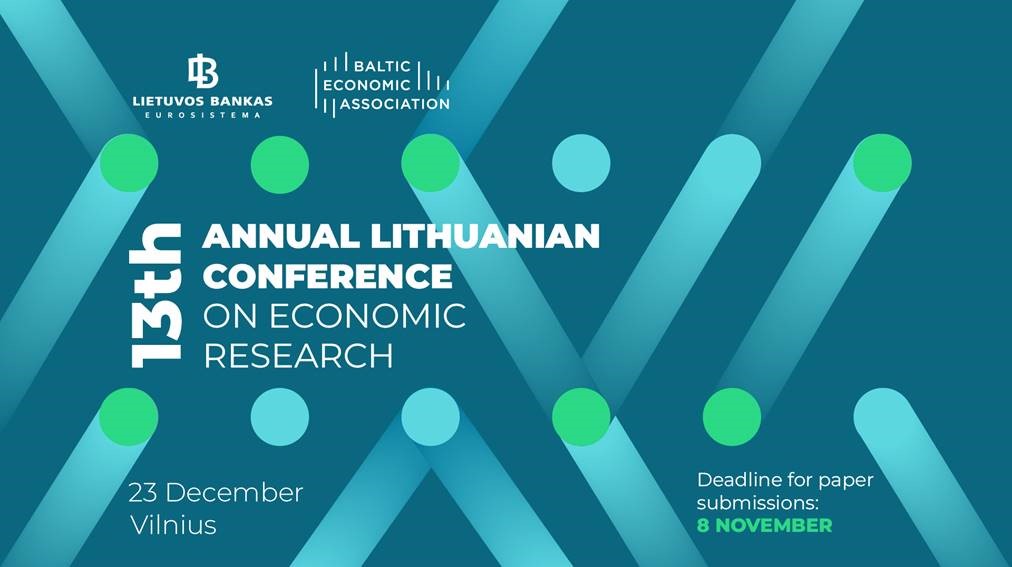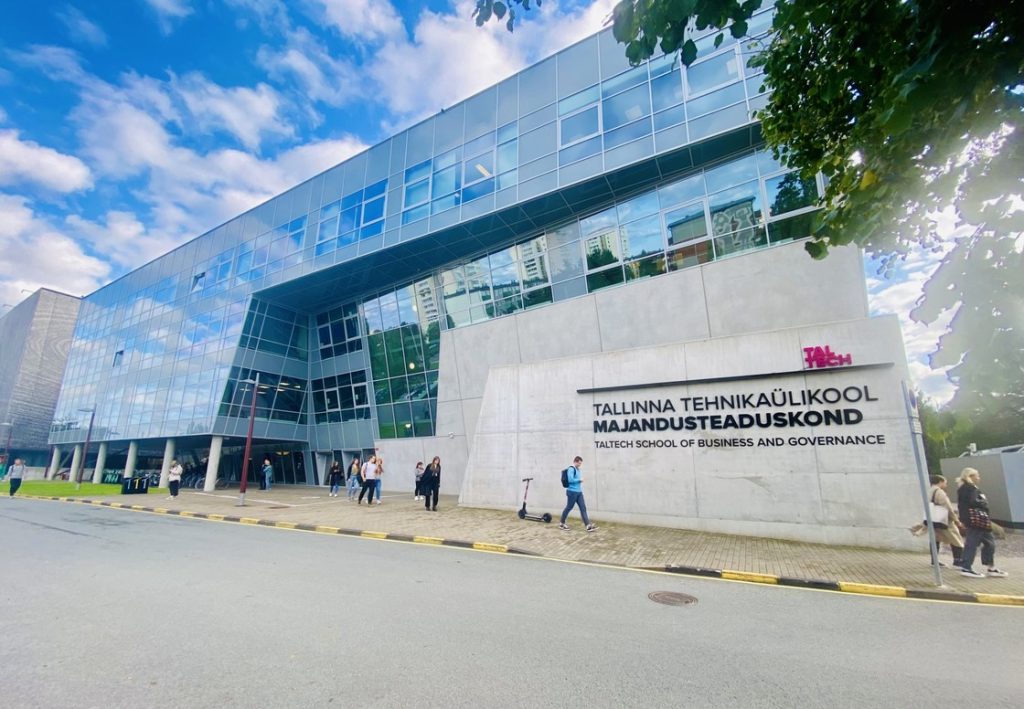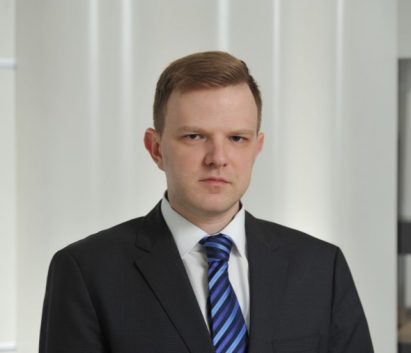On 26 September at 10:30 am you are kindly invited to attend in Webex the Eesti Pankʼs research seminar in which Simona Malovaná (Czech National Bank) will make the presentation on “Distributional Effects of Borrower-Based Macroprudential Measures”.
Using household-level survey data on 22 European countries collected in four waves between 2010 and 2022, we document the distributional effects of borrower-based macroprudential measures (BBM). We find that the tightening of the BBM significantly reduces the availability of mortgages for lower-income households, leading to increased reliance on renting. Regulation works not only through the extensive margin by cutting off risky borrowers from the mortgage market, but also through the intensive margin by reducing the average loan amount of households with lower incomes. This reduction in risk has the positive side effect of lower borrowing costs, benefiting mainly households with above-average incomes. The easing of BBM, observed in several countries, does not yet fully reverse these effects.
Co-authors of the paper: Dominika Ehrenbergerová and Zuzana Gric (both Czech National Bank)
Meeting information in Webex:
https://eestipank.webex.com/eestipank/j.php?MTID=mf162bf94d33d516f47dd24bb5374b944
Meeting number: 2744 273 2237
Password: jAfGTrSb226 (52348772, from phones and video systems)






